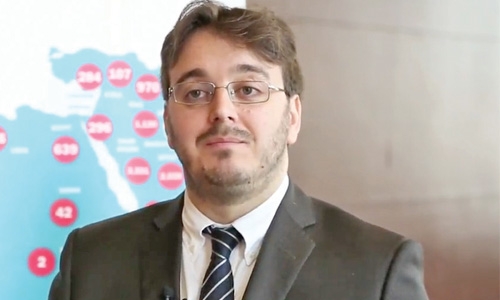Projects market expected to pick up in second half: MEED
Manama : The country’s projects contract market is set to pick up in the second half of this year, according to MEED Projects.
While Bahrain has seen a significant drop in the total value of contracts awarded in the first six months of this year, it is expected to pick up in the second half of this year.
In Bahrain, the value dropped 84 per cent to $917 million, MEED Projects revealed. In the GCC, the value dropped from $69.3 billion last year to $56.1 billion this year. The drop in value of contracts awarded was not unexpected as the slump in oil prices have been increasingly affecting government spending in recent years.
United Arab Emirates saw a 13 per cent drop to $21.3 billion while Kuwait saw a 46 per cent drop to $6.9 billion. Only Saudi Arabia saw an increase in contracts awarded, the value of contracts awarded in the Kingdom rose 12 per cent this year.
“There’s no doubt that the past two years have been tough for the projects supply chain as government spending has slowed. But with construction companies now more efficient, the private sector more active and the number of public-private partnership projects growing by the week, there is cause for optimism,” said Ed James, director of content and analysis at MEED Projects.
“Although market performance year to date has been sluggish, there have been signs of a pick-up in activity. The award of more than $5 billion worth of EPC contracts on the new Duqm refinery in Oman at the beginning of August, plus a raft of new project announcements in Dubai, and the gradual re-emergence of activity in Saudi Arabia have provided a degree of impetus that points to a strengthening market,” he said.
“Currently, there are over $2 trillion of known active projects in the pipeline across the GCC, according to MEED Projects data. The majority of these are infrastructure schemes that are essential to the future prosperity of the region, job creation and economic diversification. While inevitably not all will come to fruition, we can be confident that there is still a large amount of work to come regardless of the oil price,” he said.
Related Posts

